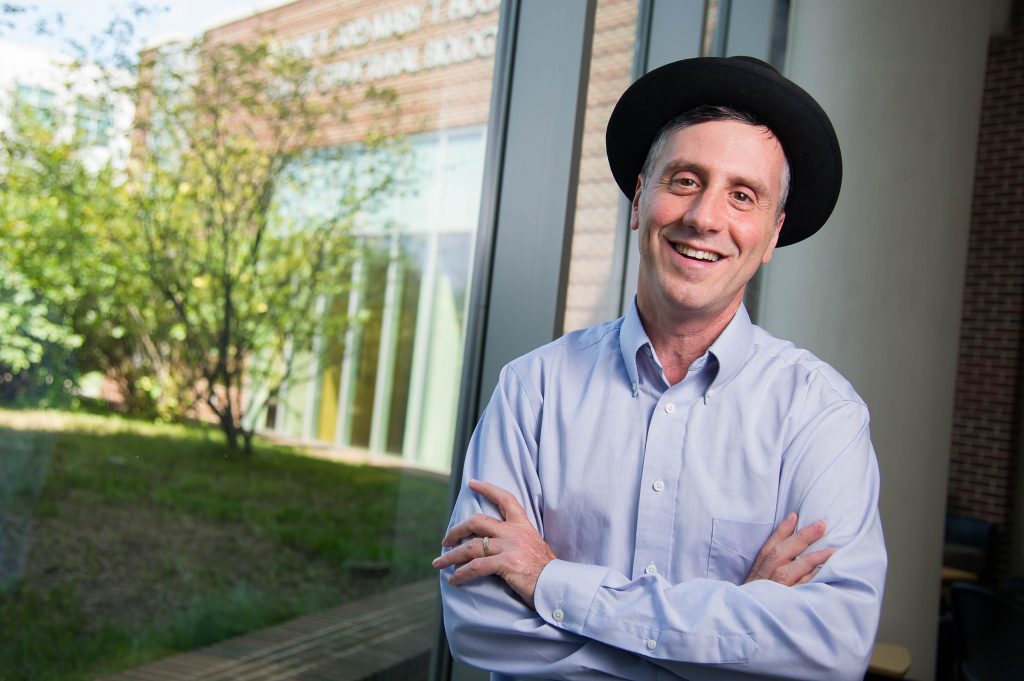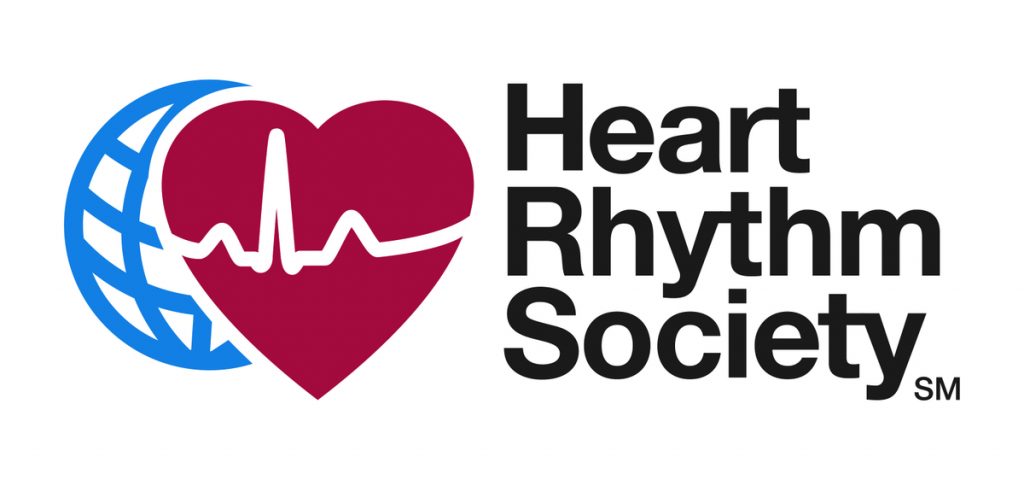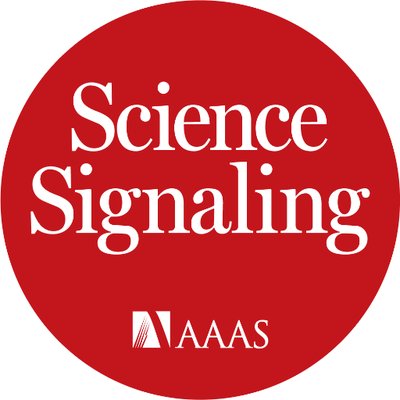The editor of a Science family journal waited three years before beginning the process of retracting a paper after learning that the University of Wisconsin at Madison had found duplication and mislabeling but no misconduct, Retraction Watch has learned.
As we reported last November, the paper, “The receptor tyrosine kinase AXL mediates nuclear translocation of the epidermal growth factor receptor,” was published in 2017 in Science Signaling. It was retracted this past November, and the notice referred to a university investigation.
That prompted us to submit a public records request on November 12 for the investigation as well as any correspondence between the university and the journal. In a response on January 12, the university denied our request for the report of the investigation, saying that “There is a review still underway at the federal level regarding this issue.” (That is a good reminder of how long the U.S. Office of Research Integrity can take to review such investigations.)
But the university released correspondence between Deric Wheeler, the corresponding author of the paper, and John Foley, the editor of the journal, which we’ve made available here. The thread begins on July 6, 2021 – just one month shy of three years after Foley learned of an investigation into the research – with an email from Foley in which the editor acknowledged “an egregious delay”:
Continue reading ‘My egregious delay’: Science journal takes more than three years to retract paper after university investigation









